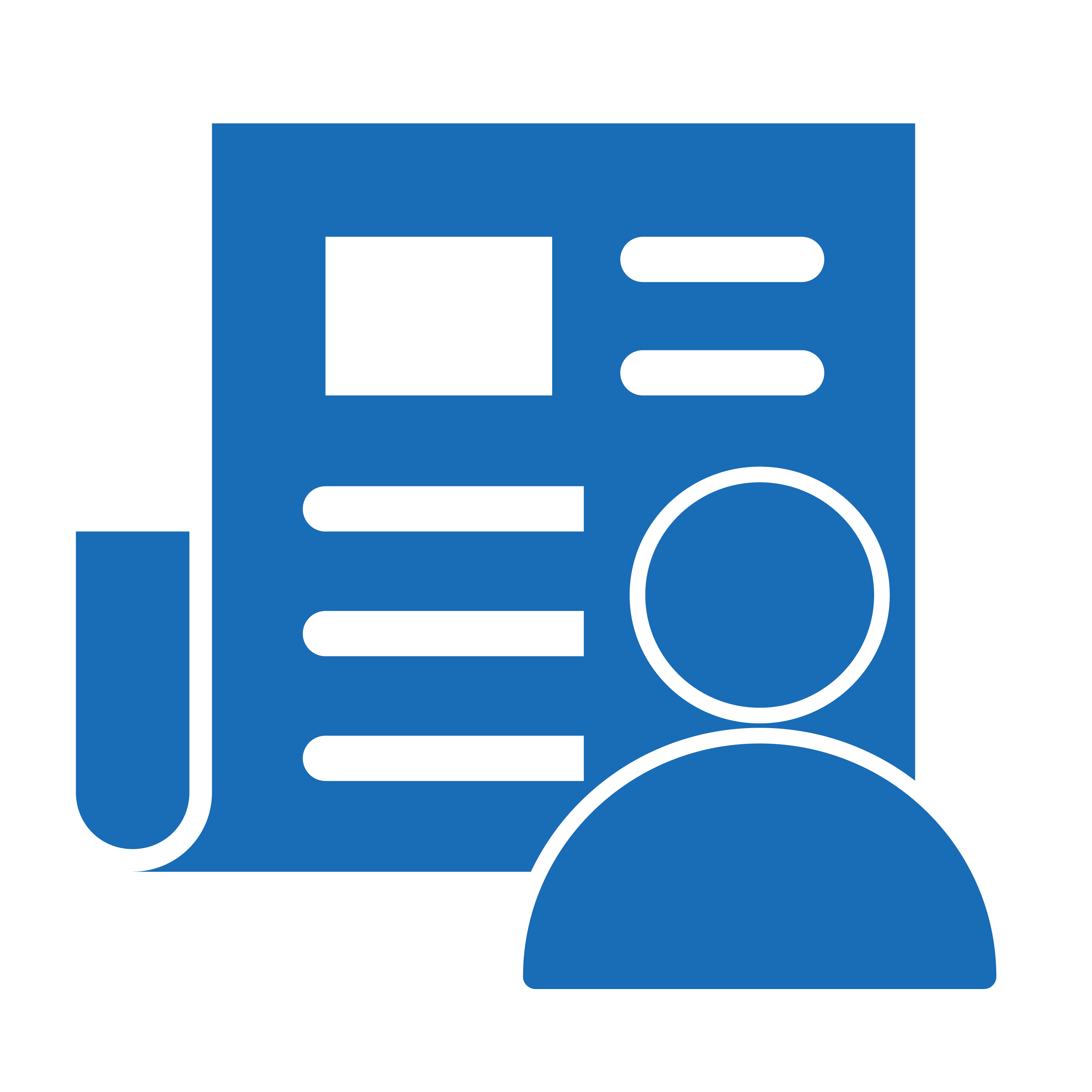|
Special Education Updates |
|
|
|
2023 State Assessment ResultsRaw scores are now available for the State of Texas Assessments of Academic Readiness (STAAR®) end-of-course (EOC) assessments and STAAR grades 3—8 assessments. Scale scores and performance level information will be available on May 31 for STAAR EOC assessments and on August 11 for STAAR grades 3–8 assessments.
In October 2022, the Texas Education Agency (TEA) published a Reporting Timeline for Spring 2023 STAAR to provide additional information of when STAAR results will be available this year. To support LEAs in communicating with families about this year’s STAAR reporting timelines, TEA published Reporting Timeline one-pagers that can be printed or shared digitally. The one-pagers are available for STAAR EOC assessments and STAAR grades 3–8 assessments in both English and Spanish. You can find Spring 2023 STAAR Reporting Resources To The Administrator Address correspondence HERE.
STAAR Alternate 2The U.S. Department of Education denied Texas’ 2022–2023 waiver request for the one percent state cap on students participating in the alternate assessment for students with the most significant cognitive disabilities. In response to this denial, the Student Assessment Division is working with the Special Education Division to update the STAAR Alternate 2 materials, including the participation requirements, for the 2023–2024 school year to further assist admission, review, and dismissal (ARD) committees in making assessment decisions. Information will be posted to the TEA website as it becomes available. |
 Upcoming Dates Upcoming Dates
-
May 31: STAAR EOC assessments scale scores and performance level information available.
-
June 7-8: The Spotlight on Dyslexia virtual conference (see Department News for more information)
-
July 17 - 18: Registration open now for the Aligned! 2023 from Child Find to IEP Implementation free virtual conference.
-
August 11: STAAR grades 3-8 assessments scale scores and performance level information available.
|
 Training with Follow-Up Coaching: Training with Follow-Up Coaching:Did you know that training with follow-up coaching support is available from all 20 ESCs on a variety of topics to support educators?
Attend training and receive follow-up coaching support on topics such as standards-based IEP development, evidence-based practices for students with autism, active learning for students with sensory impairments, writing post-secondary goals, supporting students with significant cognitive disabilities, multi-tiered system of supports, and more! Training will give you the base knowledge and follow-up support really helps put the skills into action with your students! Contact your ESC Special Education Department to learn more about training and coaching opportunities available throughout the summer and into next school year. View the "Shout Out" section to see quotes from educators about their coaching experience. |
|
 Did you know... Did you know...That June 27th is Helen Keller's birthday? Helen Keller, who was deafblind, was born in 1880 in Alabama and is known for her accomplishments as a humanitarian, educator, and writer. Helen Keller Deafblind Awareness Week is celebrated worldwide with organizations holding events and activities to raise awareness of dual sensory loss. This year we commemorate her inspiring life on June 26-July 2, 2023
and acknowledge the many contributions of individuals with disabilities.
|
|
|
|
|

Department News
Explore TIER Online Courses for Independent Learning Tiered Interventions Using Evidence-Based Research, or TIER, is the statewide technical assistance network focused on supporting and implementation of an effective, integrated, comprehensive multi-tiered system of supports (MTSS) framework. TIER online courses are available through the TEALearn platform. These courses are free and can be completed at your own pace.
The content of TIER online courses mirrors the content of select face-to-face pathways, or trainings, while providing embedded interactivity and engagement. Continuing professional education (CPE) hours can be earned by course completion. To enroll in any TIER online course, visit the TEALearn website.
|
Learning Ally Spotlight on Dyslexia Virtual ConferenceTickets are available to all K–12 public school and open-enrollment charter educators to attend The Spotlight on Dyslexia virtual conference at a discounted rate. All educators are welcome to join Learning Ally June 7th and 8th for two days of engaging and informative sessions delivered by some of the most influential voices in the field, including keynote speakers Emily Hanford and Stanislas Dehaene.
Use access code SPOD23TX to claim your ticket while supplies last! These tickets will go fast, so get yours today!
|
Progress Monitoring Professional Development Opportunity
The National Center on Intensive Intervention (NCII) has released the second module in a series on progress monitoring, How Do I Select an Academic Progress Monitoring Measure? After completed this 30 minute module, participants will be able to:
-
Differentiate between different kinds of academic progress monitoring measures,
-
Identify the target behavior for academic skills, and
-
Select appropriate tools for academic progress monitoring.
|
The Office of Special Education Programs (OSEP) Fast FactsDid you know that less than 1% of school-aged students with disabilities are identified with traumatic brain injury? Or that during the 2021-22 school year, students with traumatic brain injury were less likely to be served inside a regular class 80% or more of the day than all students with disabilities? Learn more by reviewing the most recent OSEP Fast Facts: Students Identified with Traumatic Brain Injuries.
|
IEP Tip Sheet Focused on Transition ServicesThe PROGRESS Center has added a new tip sheet to their IEP Tip Sheet series. This tip sheet focuses on transition services, a key component of the individualized education program (IEP) once the child reaches 16 (or earlier in some states). The transition services tip sheet
includes a brief summary of federal regulations, tips for implementation, and additional resources.
|
New IRIS Modules for Secondary ClassroomsThe IRIS Center has just posted secondary versions for two of their most popular IRIS Modules. These self-paced, online modules can be embedded in educator preparation courses and school or district PD activities:
Addressing Challenging Behaviors (Part 1, Secondary): Understanding the Acting-Out Cycle discusses challenging behavior in terms of the seven phases of the acting-out cycle and offers strategies and tips for responding to students in each phase.
Addressing Challenging Behaviors (Part 2, Secondary): Behavioral Strategies describes six low-intensity strategies that can increase initial compliance to teacher requests and prevent or decrease challenging behaviors. The low-intensity strategies include: behavior-specific praise, pre-correction, active supervision, high-probability requests, and opportunities to respond. The module also explores differential reinforcement of alternative behavior (DRA) for situations when low-intensity strategies are not sufficient to prevent or de-escalate a student’s challenging behavior.
Both modules include classroom video examples, free PD Certificates of Completion, Kahoot games, and more.
|
|
|
|
The Texas Education Agency will improve outcomes for all public school students in the state by providing leadership, guidance, and support to school systems. |
|
|
|
|
|
|
|
|
|
|
|